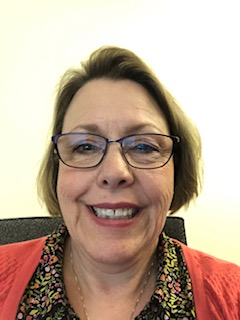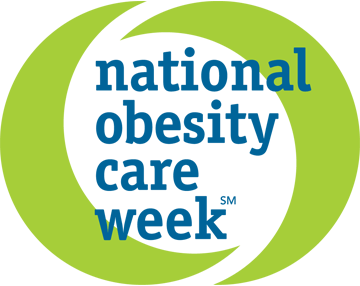 NOCW Perspectives by: Mary Tripp – South Dennis, MA
NOCW Perspectives by: Mary Tripp – South Dennis, MA
Many times in my life, I’ve been stigmatized because of my weight. Most of the time I can brush it off and move on. However, I had one particular experience when visiting the hospital that really stunned me, and it still distresses me when I think about it today.
Several years ago, I had gotten quite sick and was having difficulty breathing. My husband took me to the Emergency Room at our local hospital. Once there, hospital staff took me back rather quickly and gave me a chest X-ray. Then they moved me to the more serious side of the Emergency Room. It wasn’t long before I was told that it looked like I had fluid around my heart, and they were sending a cardiologist in to see me. I was very nervous about how serious this situation could be, but I was feeling sick enough that all I wanted was for someone to help me.
“I Felt Like I Didn’t Exist”
A short time later, a young cardiologist came in to see me. After barely saying hello to me, he looked me over and then looked over at my husband next to me. Then he looked back at me, and then my husband again, and proclaimed, “My, she is a BIG woman!”
It wasn’t only what he said that left us speechless, but the fact that he talked over me and to my husband as if I didn’t exist. It was like I was this enigma taking up space in that room, and I didn’t matter. My size had nothing to do with anything that was being discussed. Why did he feel the need to state the obvious? I am quite aware of my size. I’ve been living in this size for a very long time. My husband and I had been married for 35 years at that point, so I am reasonably certain that he was aware of my size also.
Neither my husband nor I knew quite what to say or do. We were dumbfounded that this had just happened. As the cardiologist explained the reason for why I had fluid around my heart and what could be done to get rid of it, he continued to talk to my husband like I wasn’t there — like I wasn’t intelligent enough to understand his instructions. Then he said I would have to go to his office in a few days for an ECHO cardiogram of my heart. This made me extremely anxious for fear of having to see him again.
Not a People Person?
I had a lovely technician who looked at my chart and said, “Oh, I see you saw Dr. _______ in the ER.” The first thing that came out of my mouth was what I thought about him. She gave me a look, so I told her about my experience. Although she couldn’t say much, she agreed with me. She said the cardiologist didn’t have a bedside manner and that his patients need to be treated with a higher level of respect. He used to be in research, and I wondered if he should go back to that. Patients, especially those like myself, need someone who can work compassionately with people. Luckily for me, my ECHO was fine and I didn’t need to come back. If I needed to, I would have requested another cardiologist.
Weight Bias Affects Access to Care
The experience I had that day left me feeling dehumanized, demoralized and unworthy. I feel that when healthcare providers carry around that much bias and disdain for a patient with obesity, it’s hard to tell if they care whether I live or die. He seemed annoyed that he had to treat me. I have no idea if I was receiving the same treatment as someone who didn’t have chronic obesity. I doubt it.
For the average person who lives with the disease of obesity, this could have really impacted their care. They might stop going to their provider’s office or stop getting treated. This could eventually affect the quality of their health. It’s already hard enough to live with obesity and feel shame every time you step on the scale, wondering what your doctor will say to you. It’s important that we are all treated with the same level of respect that we expect to be treated with.
When I go to have my blood work done, all my numbers are usually perfect. The only number that isn’t is the number on the scale. But unfortunately, that’s how we’re judged. If someone just looked at my blood work and not at my weight, they would probably say, “Wow, that’s a healthy person.”
 Why I’m Supporting #NOCW
Why I’m Supporting #NOCW
For me, especially since joining the OAC, experiences like this make me realize that I AM worthy. I am important and I do a lot of good in this world. I know I have a voice and I am no longer afraid to use it. After my initial anger from this experience lessened, I did realize one thing. I will never let another person treat me or talk to me in a dehumanizing way again. I will speak up for myself and insist on a different doctor who will treat me the way I deserve to be treated. Like we all deserve to be treated.
This is why I am supporting National Obesity Care Week (#NOCW), September 15 – 21. The 2019 campaign will focus on educating the public about access to care, as well as improving it for patients with obesity. I support the OAC and its championship of NOCW, and I hope you’ll join us!
